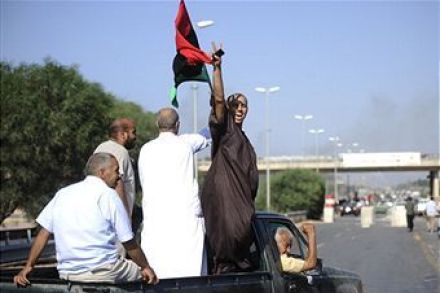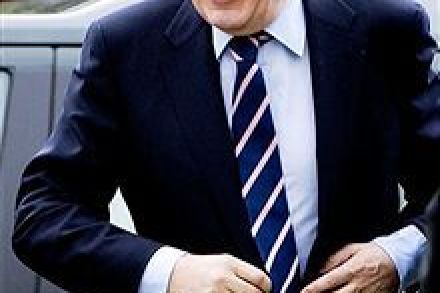Petrol problems
As a coda to Robert Halfon’s piece on the relationship between tax and petrol prices, it’s worth noting that a substantial proportion of European sweet crude (the type of crude oil commonly refined into petrol) originated in Libya. Soon after civil war broke out in Libya, Saudi Arabia increased its oil production and the IEA released some of its




























